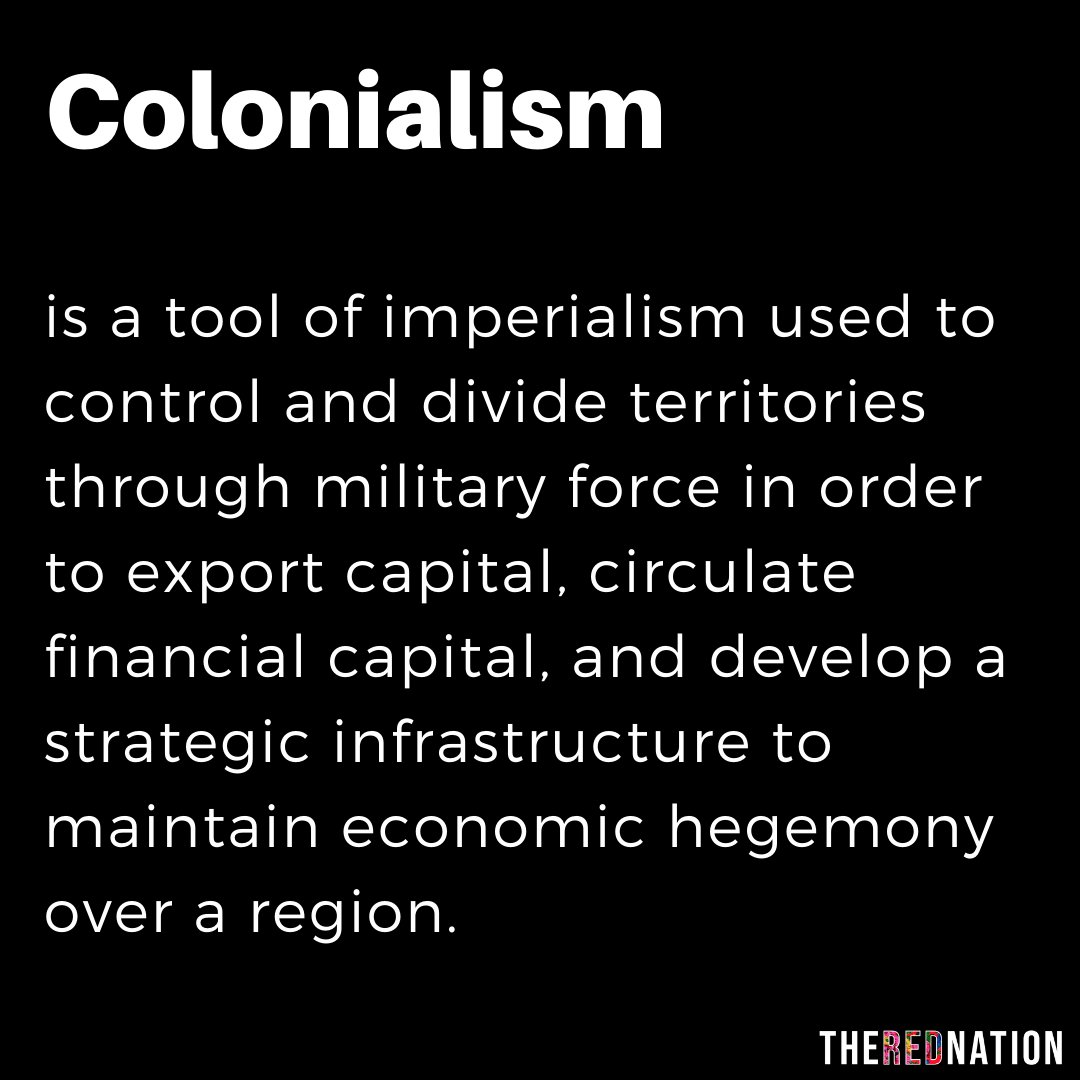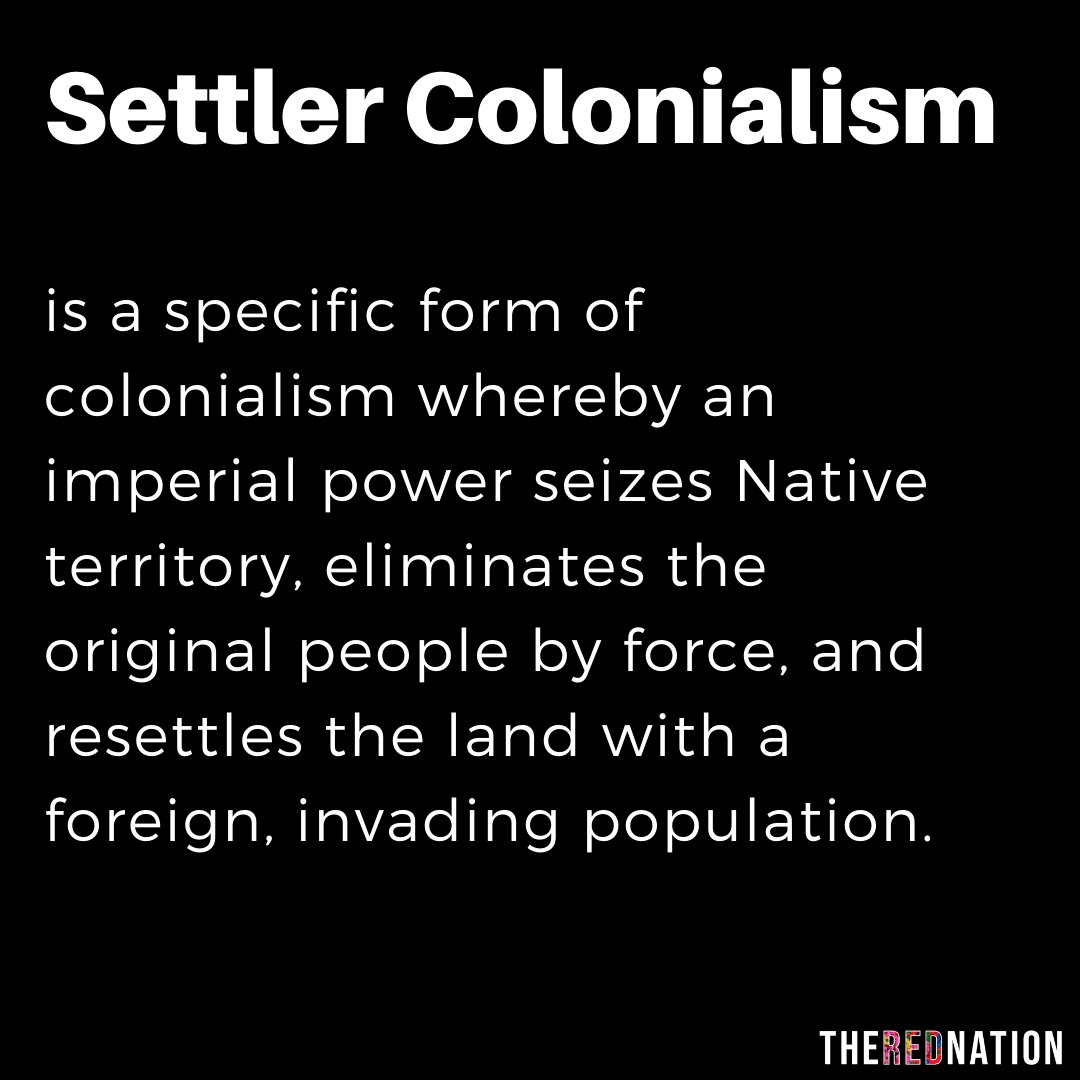
Because the world constantly evolves, our political positions evolve. Through debate and democracy, our general assembly decides which positions we adhere to. Here is a [working] list of some of papers describing our political ideology in their current stages, a thread:
Latest adopted position (2020): Communism is the Horizon, Queer Indigenous Feminism is the Way
Read ➡️ therednation.org/communism-is-t…
Read ➡️ therednation.org/communism-is-t…

The Red Deal
Part 1: End the Occupation ➡️ therednation.org/wp-content/upl…
Part 2: Heal Our Bodies ➡️ therednationdotorg.files.wordpress.com/2020/01/red-de…
Part 3: Heal Our Planet ➡️ therednation.org/wp-content/upl…
Part 1: End the Occupation ➡️ therednation.org/wp-content/upl…
Part 2: Heal Our Bodies ➡️ therednationdotorg.files.wordpress.com/2020/01/red-de…
Part 3: Heal Our Planet ➡️ therednation.org/wp-content/upl…

• • •
Missing some Tweet in this thread? You can try to
force a refresh

















